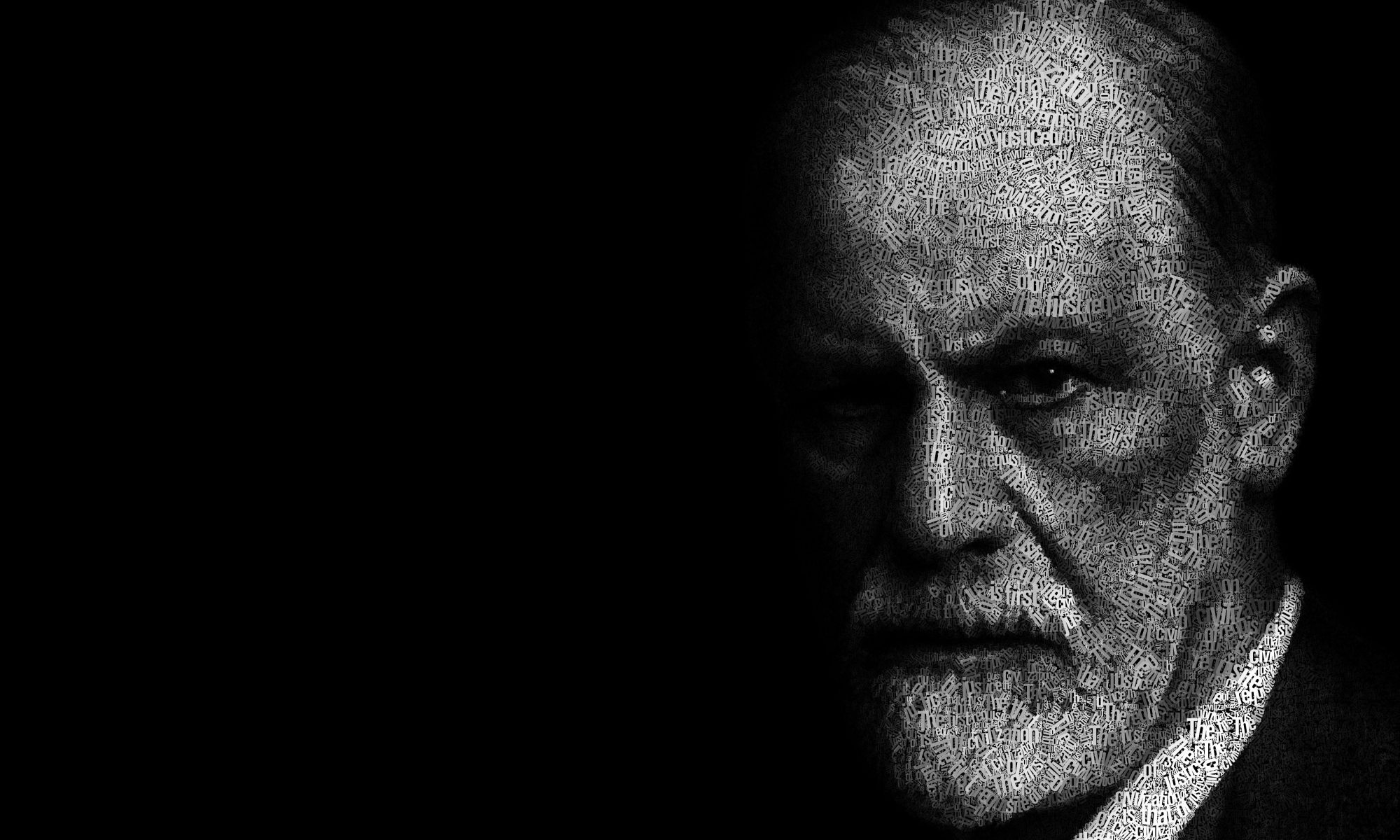Training Criteria
Professional Accreditation
On successful completion of clinical training, practitioners are eligible for full membership of the Irish Association for Psycho-Analytic Psychotherapy (IPAA).
As IPAA is an organisational member of the Psychoanalytic section of the Irish Council of Psychotherapy (ICP) practitioners are registered on the Irish Council for Psychotherapy.
Aims of Training
-
To train participants as Psychoanalysts
-
To facilitate a deep understanding of the basic concepts and theories of psychoanalysis.
-
To incorporate and integrate the foundational ideas and later developments in the work of the Irish Psycho-Analytic Association
-
To support candidates in their formation as psychoanalysts
Procedure
A candidate expressing interest in full membership will approach an Association Officer. The candidate and the sponsor, in conjunction with the Training Officer, will draw up an appropriate training plan, so that both the Irish Council of Psychotherapy (ICP) criteria, the Psychoanalytic Section of the ICP and the Association criteria are met in full.
Duration and Structure
-
The course is conducted during the academic terms and extending over 4 years.
-
Additional hours are required for personal analysis, and, as the course progresses, for clinical work and supervision.
-
Progress through the course is at the discretion of the core trainers
-
Participants are required to attend seminars and workshops each year
Training Standards and Criteria
1.Duration of Training:
The total duration of training shall not be less than 3200 hours spread over 7 years, at least 4 of which must be in training specific to psychoanalysis or to psychoanalytic psychotherapy.
2.Entry:
The full candidate must have a primary degree usually in the human sciences or equivalence, according to the ethos of the Association.
3.Personal Analysis:
At least 300 sessions of analysis (duration) over at least three years at a frequency of at least 2 sessions per week, with an analyst recognised by the Association and will continue throughout the whole period of training.
4.Theoretical Study:
The training of the candidate is completed by acquiring familiarity with a body of ideas, theoretical and clinical and an ethos specific to the Irish Psycho- Analytical Association. Minimum of 500 hours direct tutor contact.
5.Clinical and methodology seminars (including reading group) Assessment, selection, and treatment issues are dealt with in seminar and discussion format.
Applications of psychoanalysis to specialist areas of clinical interest will be also addressed within these seminars
6.Supervised Clinical Work:
At least three years clinical work, with at least two clients, totaling a minimum of 150 hours by a supervising analyst recognised by the Association. The supervision hours will total 150 hours giving an equivalent of over 400 clinical hours supervised.
7. Placement in a mental health setting
It is recommended that the Applicant had relevant professional experience with severe emotional disorders and mental illnesses within a mental health or psychiatric setting.
8.Ethics
Candidates will have to comply with the Ethical Code of the psychoanalytic section during their training. A special course on Ethic shall be part of the training given.
Course content
Course areas will include lectures, seminars and discussion on:
- Orthodox psychoanalysis theories and research underpinning psychoanalysis;
- The schools/history of psychoanalysis
- Object Relations and Developmental Perspectives
- Metaphysical Perspectives
- Psychoanalytic Sociology
- Psyche and soma
- Pathology and Normality-A theory of Change
- Technique in Psychoanalysis: Theory and Clinical Technique
Prior to 2009:
There were two parts to training prior to 2009. One was called the Basic Training, the other the Supplementary Training. The basic training had to be in a Psychoanalytic modality and had to be certified at the level of competence the candidate had achieved so that a clear pathway of progression was clear to the next stage. A training plan was drawn up with the candidate, the sponsor and the training team to focus on both the quantative and qualitative training aspects that needed to be addressed to further progress the training pathway. This remedied gaps in the prior generic psychoanalytic training, as well as adding in the specific training requirements of the Association. Then the training of the candidate was completed by acquiring familiarity with a body of ideas, theoretical and clinical and an ethos specific to the Irish Psycho- Analytical Association, the longest established psychoanalytic organisation in Ireland.
This has changed since June 2009 and all candidates who commenced training after this date are governed by the new training criteria which includes all the above elements and is delivered within the training of the Association.
The psychoanalytic training will enable the graduate trainee to understand the unconscious dynamics of the client, train in necessary intervention skills and integrate the theory and the practice through the training analysis.
